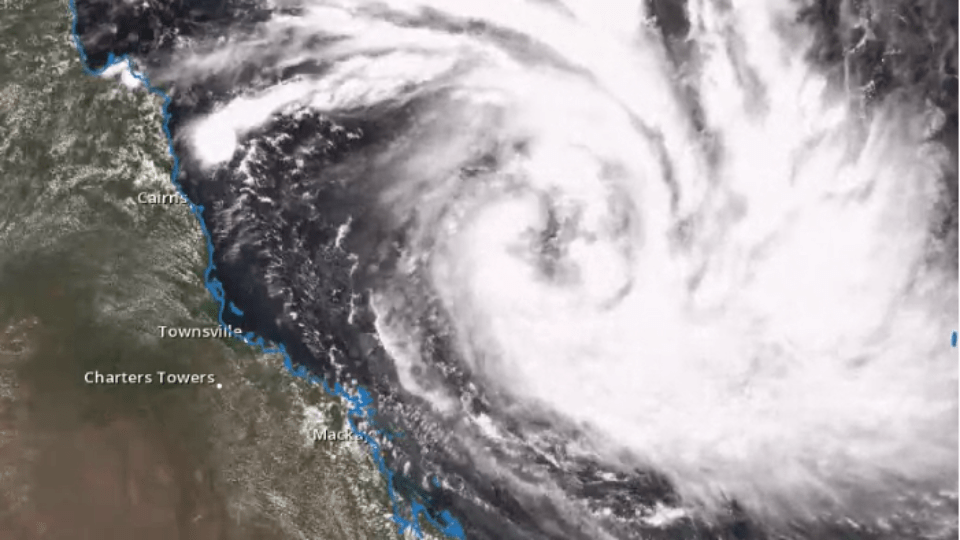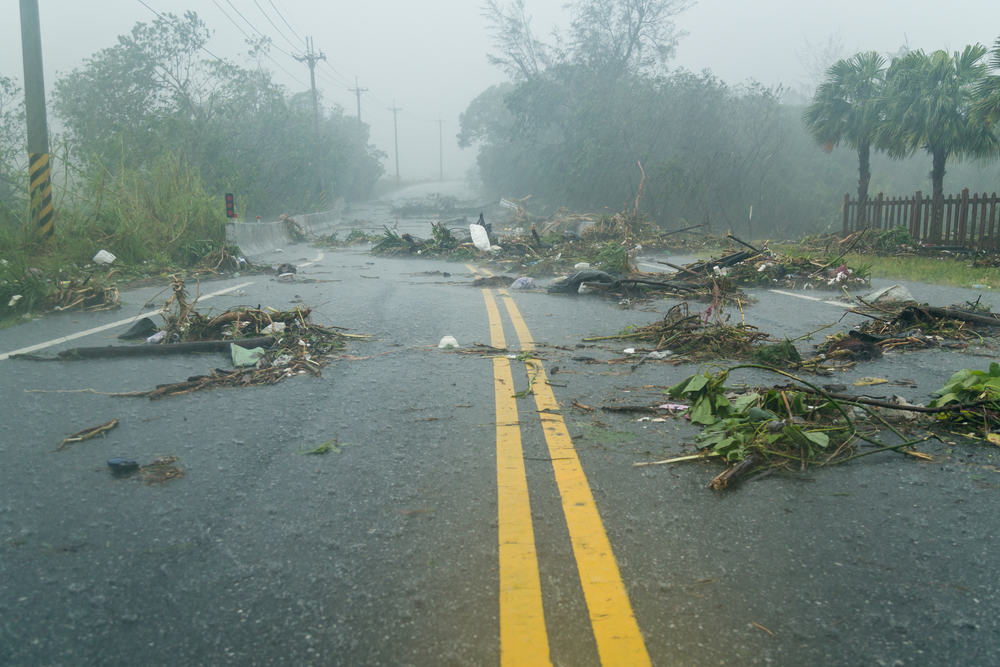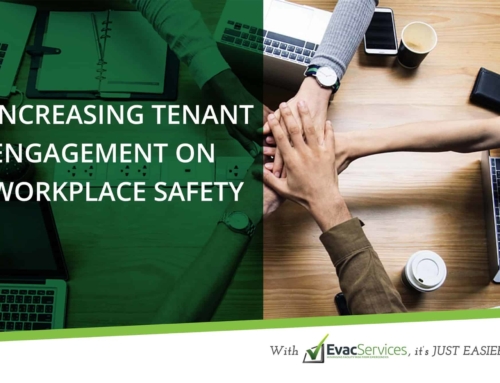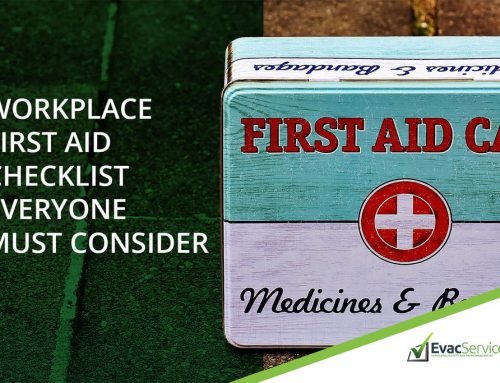Latest news warns Queenslanders of the brunt of monster cyclone Debbie. Are you well-prepared for when Debbie makes landfall?
Preparation is always key when it comes to mitigating the dangers of natural disasters. We at EvacServices want to help you shield your properties and tenants from the devastating impact of this cyclone through disaster preparedness information.
Here are ways to keep your facility, tenants, and team safe and ready for Debbie’s arrival.
- Have torches with enough battery on hand in case of a power failure.
- Backup ALL your data, especially all your Rent Roll data. Remember to test and make sure that the backup works.
- Print copies of the following documents. In the case of a power/electrical failure, you will not be able to access these files, so it is always best to have hard copies of them. It is also advisable to entrust these documents to your Department Head or Principal for safe keeping.
* Landlord, Property and Tenant Information
* Contractor list with contract details
* Key Register - Activate your telephone diversion plan. Your office telephones might have to be diverted to a mobile phone to accommodate all calls.
- Charge all mobile phones, especially the ones to be used for telephone diversion.
- Design a Roster Plan on who will take calls and when.
- Charge all your battery radios. You will use them to get updates.
- Have a workforce plan in case some members of your team cannot get to work due to floods or other events.
- Inform your tenants about Emergency Contacts.
- Tell your tenants about your procedure when disasters strike and what assistance you require from them to keep everyone safe.
The Bureau of Meteorology also provides a list of to-dos during and after a cyclone. Make sure to send this information to all your tenants and team members.
 When the cyclone strikes
When the cyclone strikes
- Disconnect electrical appliances. Listen to your battery radio for updates.
- Stay inside and shelter {well clear of windows) in the strongest part of the building,
i.e. basement, hallway or bathroom. Keep emergency kits with you. - If the building starts to break up, protect yourself with mattresses, rugs or blankets under a
strong table or bench or hold onto a solid fixture, e.g. a water pipe. - Beware the calm ‘eye’. If the wind drops, don’t assume the cyclone is over; violent winds
will soon resume from another direction. Wait for the official ‘all clear’.
 After the cyclone
After the cyclone
- Don’t go outside until officially advised it is safe.
- Check for gas leaks. Don’t use electric appliances if wet.
- Listen to local radio for official warnings and advice.
- If you have to evacuate or did so earlier, don’t return until advised. Use a recommended route and don’t rush.
- Beware of damaged bridges, power lines, buildings, trees, and don’t enter floodwaters.
- Heed all warnings and don’t go sightseeing. Check/help neighbours instead.
- Do not make unnecessary telephone calls.
Failing to prepare for a cyclone can endanger you, your property, and tenants. We urge you to do everything necessary to mitigate the damages this disaster can bring.
For more information about Cyclone Debbie, follow us on Twitter and Facebook. Our team is providing minute-by-minute updates to give you the latest development.


Leave A Comment